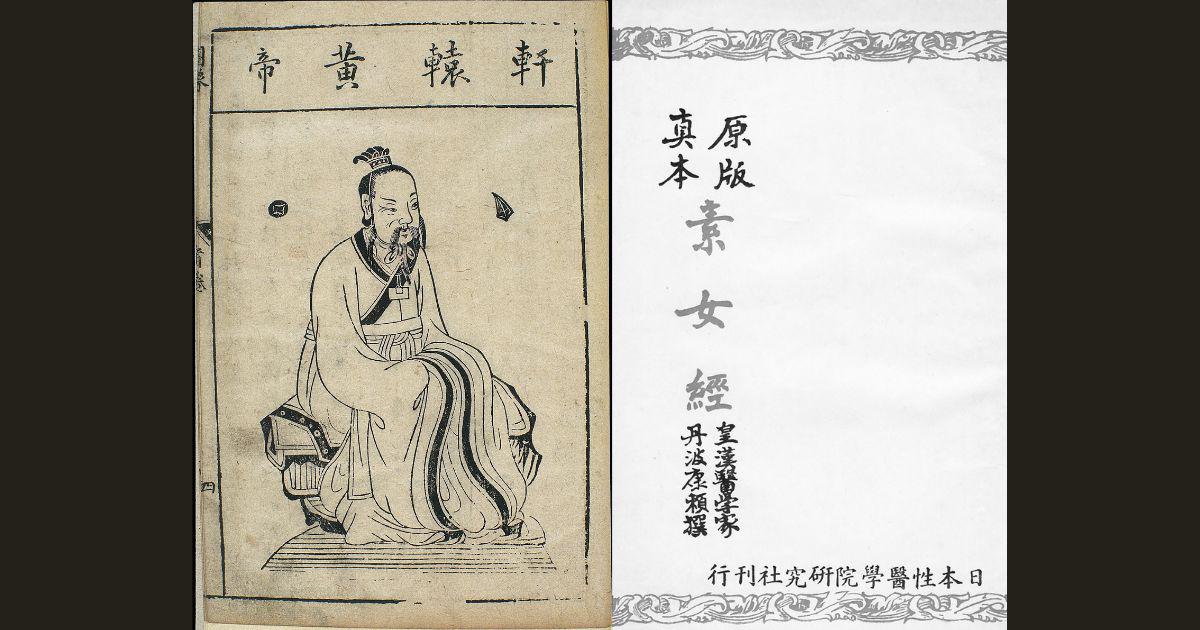An ancient Chinese text is a window into attitudes towards sexuality

Join our WhatsApp Community to receive travel deals, free stays, and special offers!
- Join Now -
Join our WhatsApp Community to receive travel deals, free stays, and special offers!
- Join Now -

“Drink, food, man, woman are the biggest desires of human existence,” says the Book of Rites, one of the five classics in the Confucian tradition, written between the Warring States period (475-221 BCE) to the Han Dynasty period (202 BCE-220 CE). If this sounds familiar, it could be because of Ang Lee’s 1994 film Eat Drink Man Woman, whose title echoes this aphorism.
The film, the tale of an aging father and his three daughters, is primarily an insight on hunger at the centre of human life – hunger for food and sexual desire. But like in the film, while food has been joyfully celebrated in most cultures, sex is hushed up or merely hinted at in daily life.
Despite this, ancient China, like ancient India, acknowledged that sex was more than mere pleasure – it is a pathway to a harmonious life.
That is obvious from the Daoist text Su Nü Jing (The Scripture of the Immaculate Lady), which very well could be the earliest known text on sexology in China.
Su Nü Jing is written in a kind of FAQ format, with the mythical Huang Di or the Yellow Emperor posing questions that are answered by Su Nü the goddess of music and sexuality – or the immaculate lady.
The first exchange begins with Huang Di confessing...
Read more
What's Your Reaction?
 Like
0
Like
0
 Dislike
0
Dislike
0
 Love
0
Love
0
 Funny
0
Funny
0
 Angry
0
Angry
0
 Sad
0
Sad
0
 Wow
0
Wow
0






















































